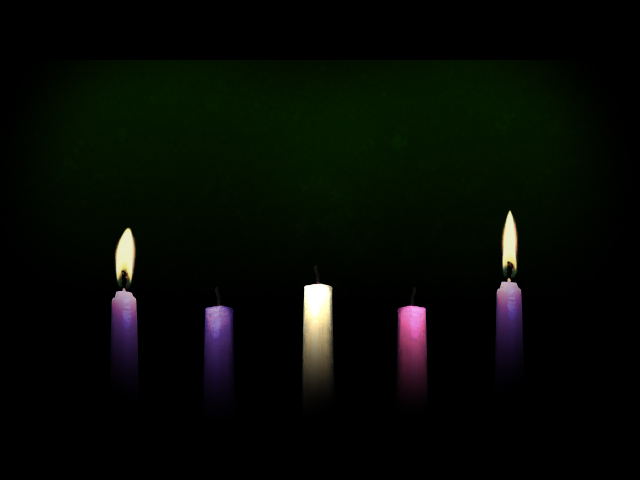
Advent is both terrible and hopeful. It’s terrible because it’s about a hopeful word, a newness about life – which promises to overthrow all our old, comfortable, sinful ways. And it’s hopeful for the very same reason. We know the shape of Advent, and yet we don’t know it. We may know the stories of the prophets, the Exile, the Exodus and the birth of the Messiah – but we often struggle to see that this “old” God is also breaking in upon human life in awesomely new ways still today – even here in 2012! Who would ever have looked for God to enter the world through a baby born to poor parents in a dry desert land dominated by the Romans and overshadowed by the wealth of Egypt?




